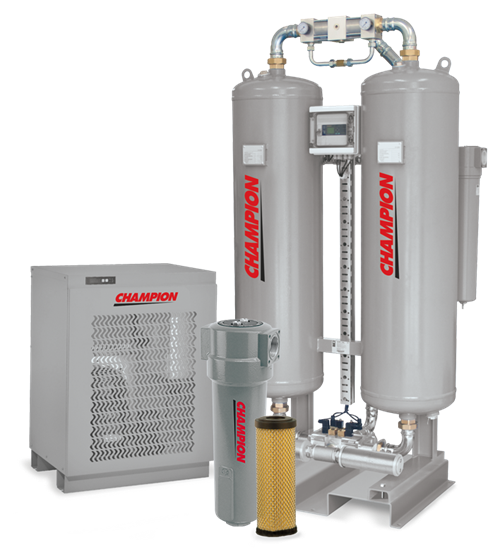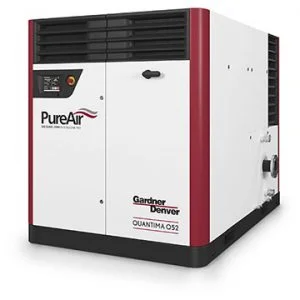
 3 Types of Filters for Your Compressed Air System
3 Types of Filters for Your Compressed Air SystemAir quality is paramount in industrial operations, particularly when it comes to compressed air systems. Just as vehicles require specific tires for different terrains, compressor systems demand tailored filtration for optimal performance. Let's delve into the three primary types of filters and their respective applications.
Particulate filters play a crucial role in eliminating dust and particles from the air, ensuring unhindered airflow within the piping system while mitigating the risk of clogs. These filters employ a membrane as the primary filtration element, functioning akin to a gate that permits air passage while obstructing larger particles.
Coalescing filters are designed to capture oil and minute moisture droplets, preventing condensate formation within the system. By preserving the integrity of piping systems and components, these filters effectively extend their operational lifespan. While airflow manipulation is the primary mechanism, some coalescing filters may integrate a membrane element to facilitate condensate and oil separation.
Activated carbon filters excel in eliminating odors and vapors, making them indispensable in industries such as food processing and air production for breathing purposes. Leveraging carbon's exceptional adsorption capabilities due to its expansive surface area, these filters attract and retain contaminants, ensuring cleaner air output.
Remember, the efficiency of an air filter is reflected in its pressure drop and the ability to maintain airflow while effectively capturing pollutants. Over time, filter accumulation can elevate pressure drop, leading to increased costs and diminished productivity. Regular filter replacement is imperative to sustain optimal performance.


